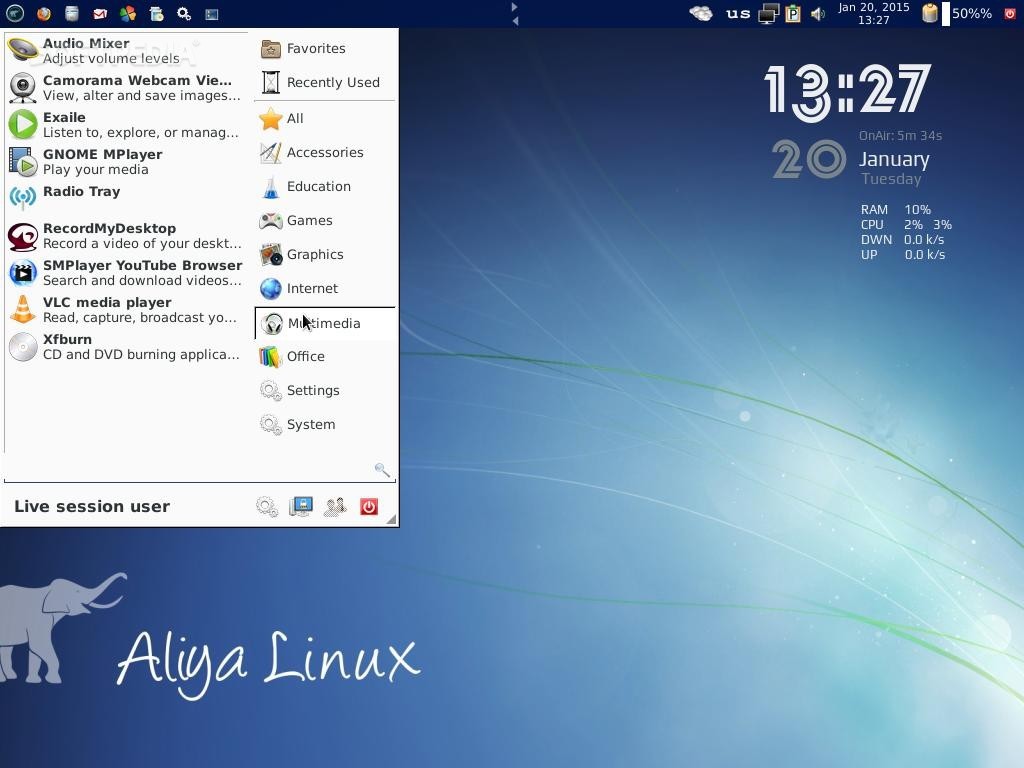
Xterm is my true default terminal emulator, the one that I start if Iĭon't want to think about which terminal emulator I want. Unfortunately I haven't been using it as much One common need for modern character graphics is apt-get's periodicĭialog boxes for questions, and another is various menu-based serialĬonsole management interfaces for things like switches.ĩterm is normally my first choice for many things, basically any time Iĭon't need either actual terminal emulation (for, eg, vi or su) or easyĬopy and paste support. User interface choices), but sometimes it's what I need, warts and all. Other two alternatives (and the Gnome people keep making questionable Gnome-terminal gets used when I need something that is completely set upįor UTF-8 or modern character graphics. Non-terminal emulator), and gnome-terminal.

Routinely use three different terminal emulators xterm, 9term (which is more of a However, version of xterm in Ubuntu repositories is compiled with dabbrev-expand and you can use it right away.Recently I mentioned in passing that I use severalĭifferent X Windows terminal emulators, depending on the circumstances.Ī commentator sensibly asked what the circumstances were. Note that xterm is not compiled with dabbrev-expand feature by default and you have to enable it explicitly. You just need to get used to it - look at string you want to have at cursor and see if it's not preceded by something else, and if it is type a preceding part and remove it after expansion.

And in most cases it will expand directly to the desired string without need to remove redundant parts. To sum up, dabbrev-expand inside xterm is not as good as in Emacs (and Vim I guess) but it's still faster than rewriting long strings by hand and less typo-prone. Now, if you use Bash you can do M-b, C-w and C-e to remove origin/ part. xterm will first expand or to origin/v2.1, this is not what we want so press M-/ again and xterm will expand it to origin/issue547314. So, in your case is would be expanded to issue540 and not issue547314 because issue547314 is a part of origin/issue547314 (think about it as \b in regular expressions, it's a bit similar although most regular expressions engines would catch both occurrences of issue strings in \bissue.+\b). Unfortunately, as I said xterm is not so smart and its dabbrev-expand feature will only work on full strings. If I pressed M-/ now xterm would expand a_v to a_very_long_string. Example: $ echo a_very_long_string bye by xterm will look for all strings visible on the screen that start with letters I typed.

Inside xterm window I can use M-/ ( ALT + /) to invoke dabbrev-expand. For example, I have the following entry in my ~/.Xresources (I use uxterm, an Unicode version of xterm): UXTerm*VT100.Translations: #override \n\ Inside xterm window one can use a custom keybinding specified in ~/.Xresources to invoke dabbrev-expand on a given string.

Xterm also has dabbrev-expand feature but it's a bit less smart than Emacs counterpart but it's very useful to me and one was one of the reasons for which I switched to xterm. Searching in the buffer for words starting with that abbreviation I think that feature that OP is looking for is called dabbrev-expand in Emacs world:Įxpand the word in the buffer before point as a dynamic abbrev, by


 0 kommentar(er)
0 kommentar(er)
